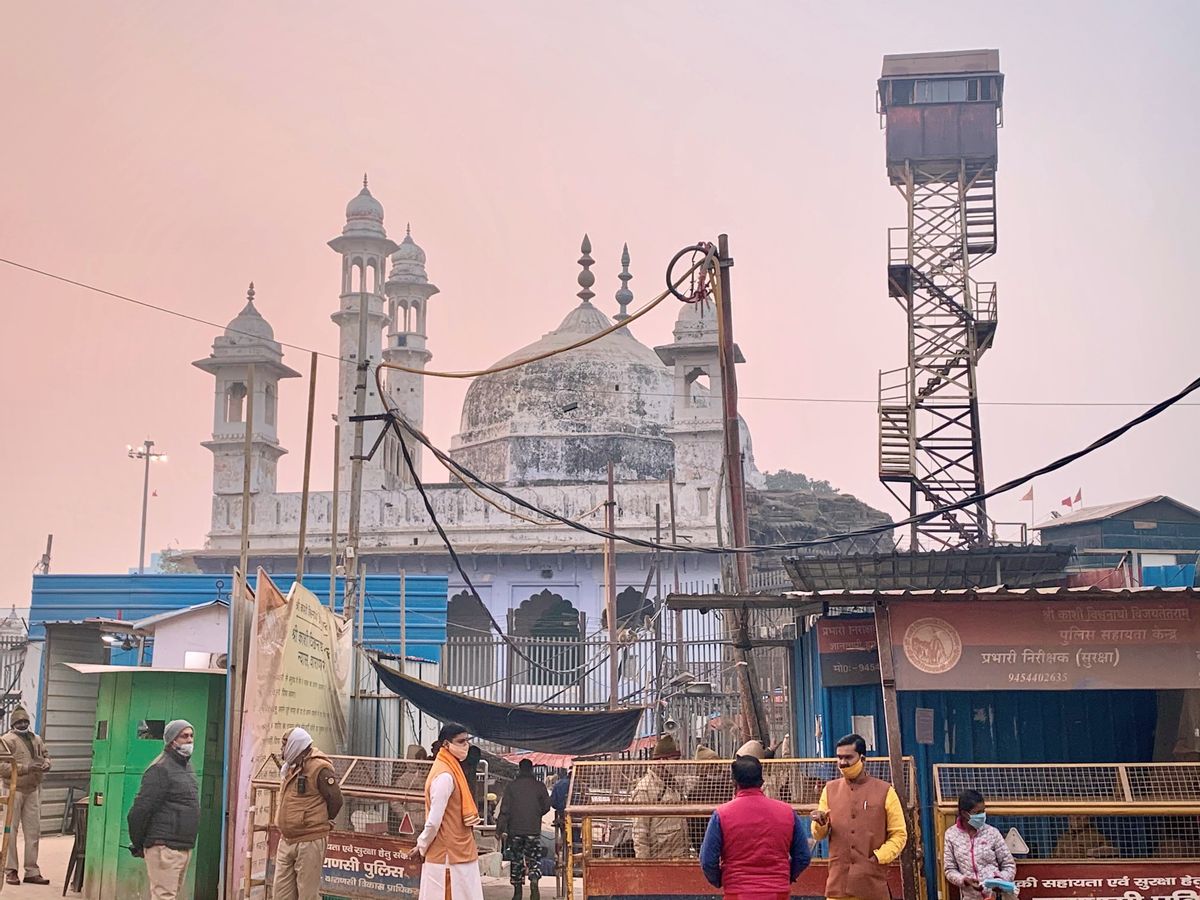The Uttar Pradesh Sunni Central Waqf Board moved the Allahabad High Court and filed an urgent petition on Tuesday in the Gyanvapi Mosque case over the Varanasi Trial Court’s order allowing an archaeological survey of the Mosque.
Advocate Puneet Kumar counsel for the Waqf Board argued in the petition that the order passed by the Court is illegal and without jurisdiction as the matter is before the High Court and the order has been already reserved by Justice Prakash Pandia on March 15.
“We moved the Allahabad High Court today against the judgment of the lower court and filed a petition,” Advocate Puneet told media.
The Anjuman Intezamia Masjid Committee, the management committee of the Gyanvapi Mosque had also filed a plea to the Allahabad High Court in the same case.
SFA Naqvi appearing on behalf of the Masjid Committee in his petition sought a stay on the order passed by Varanasi Court’s order of 8th April, outlining that the High Court has reserved its judgment on the maintainability of the suit pending in the Varanasi Court, which is now paying more attention to the plea of the Temple Trust.
“It appears that the learned civil judge concerns are more interested to bypass all judicial discipline and ethics as well as procedures of law and to establish himself as above the judicial hierarchy as defined under the Civil Procedure Code and had assumed himself as the only authority to decide the entire issue without looking into the legal impediment and bar,” he submitted in his petition.
Athar Hussain, Secretary of Indo- Islamic Cultural Foundation (IICF), the Ayodhya Mosque Trust said, “The move of the Anjuman Intezamia challenging the civil judge is welcome. It will facilitate upholding the Places of Worship Act, 1991, the relevance of which for preserving the secular character of our Constitution was clearly highlighted in the Ayodhya title suit verdict.”
On 8th April, the local court in Varanasi on Thursday permitted the Archeological Survey of India (ASI) to conduct a survey of Kashi Vishwanath Temple premises and the Gyanvapi Mosque complex.
The directive came based on a petition that sought that the land on which the Gyanvapi Mosque is located should be given to Hindus. The petition claimed that Mughal Emperor Aurangzeb had pulled down a portion of the 2,000-years-old Kashi Vishwanath temple in 1664 to build the masjid.
Related
Ghazala Ahmad is the Delhi Correspondent for The Cognate.












































